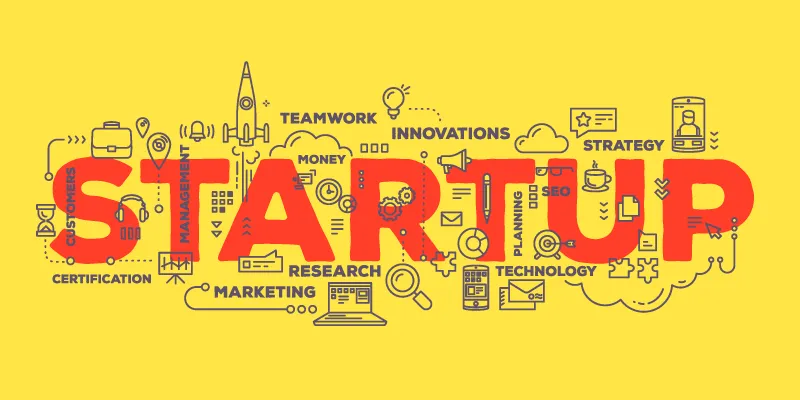India's secondary cities spawn more startups: Nasscom

Incubators and accelerators in tier-2 and tier-3 (secondary) cities across India are spawning more technology startups than ever before, said the IT industry apex body Nasscom on Tuesday.
"Secondary cities are emerging as new hubs for start-ups across the country as they are driven by growing number of incubators and accelerators," said a joint survey report Nasscom prepared with the city-based management and strategic consulting firm Zinnov.
Out of about 5,200 total technology start-ups present in India as of 2017, nearly 20 percent (1,040) start-ups are present in the secondary cities, the report found.
About 40 percent (76) of the total 190 active business incubators and accelerators are present in secondary cities such as Ahmedabad, Pune, Jaipur, Lucknow, and Chandigarh, it said.
"Traditionally, many tier-2 and tier-3 cities of India have been educational hubs, which makes them ideal and plausible destinations for start-up incubators and accelerators," the report said.
Out of the 190 business incubators and accelerators in India, 90 are academic, while the rest are government-supported or private-run.
India has witnessed a "phenomenal" progress of technology start-ups in the last decade, the study noted.
"Indian start-up ecosystem continued to remain attractive for investors with almost $6.4 billion funding in the first half of 2017, nearly 167 percent growth over the first half of last year."
Start-ups in the country have also been working on India-centric grass root level problems, the study added.
Over 325 start-ups in the country are currently working on solving the challenges in the fields of healthcare, education inclusion, financial inclusion, clean energy and agriculture.







